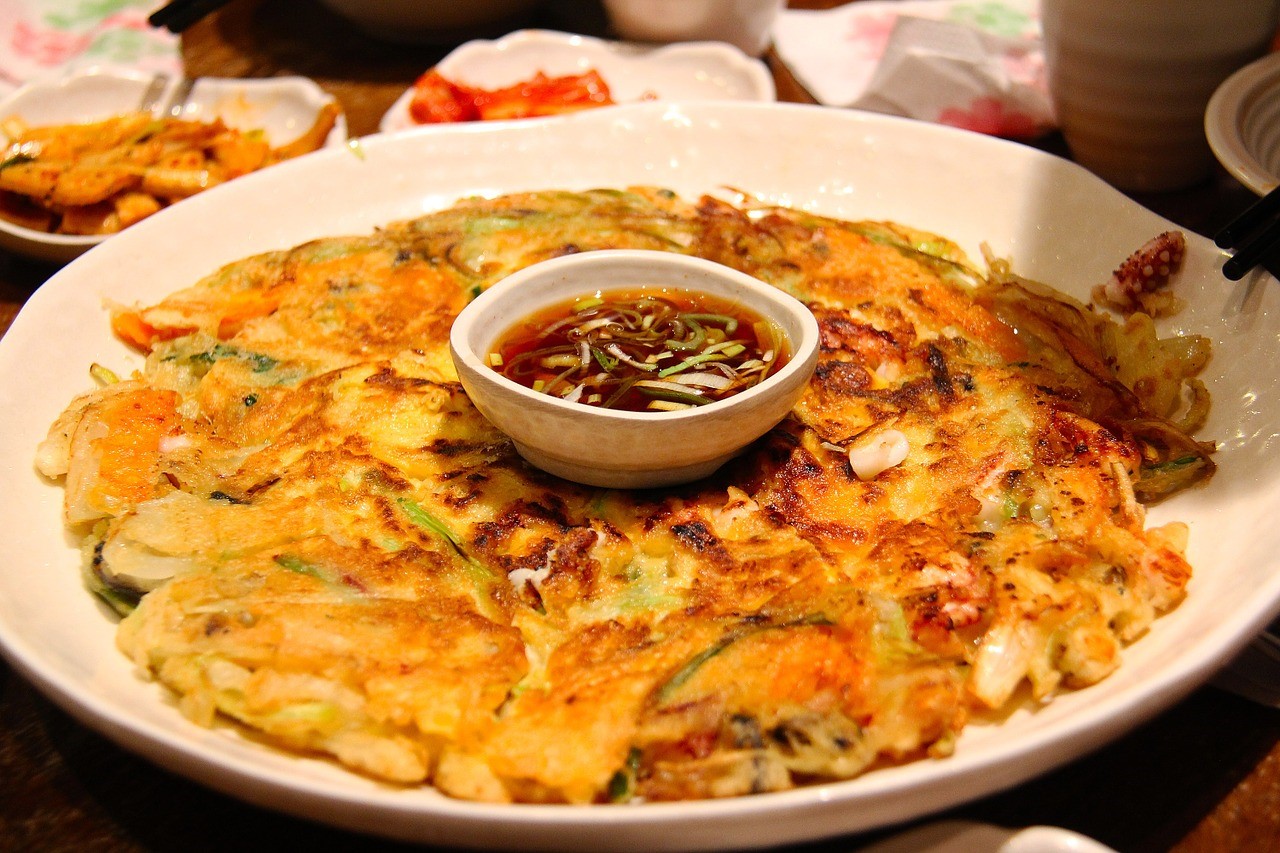Embassy News
The Phenomenon of Rainy Season in Korea, How Koreans Enjoy It to Its Fullest, And The 2020 Rainy Season Situation
- DATE
- 2020-09-14
The Phenomenon of Rainy Season in Korea, How Koreans Enjoy It to Its Fullest, And The 2020 Rainy Season Situation
By Mira Dahl Aspeli
In Korea, the start of summer is marked with the phenomenon called 장마 (Jangma), a rainy season which comes once every year and generally lasts from mid-June until the end of July. Some might think that this time of the year is the worst time to visit Korea as it is an extremely hot and wet season, but as we’ve discussed before, there’s no bad time to visit Korea. Koreans have a special method that helps them to get through a day of pouring rain, which usually would bring about a bad mood.
The background of the rainy season
The East Asian monsoon is a monsoonal flow that carries moist air from the Indian Ocean and Pacific Ocean to East Asia, where seasonal rain is formed and travels back and forth around the Korean Peninsula. It is believed that the word 장마(Jangma) originates from the 1500’s, when the Chinese word for “long” and the word meaning “rain” were combined. As mentioned earlier, even though it creates a lot of downpour which might make one feel down, the Koreans have their own ways of enjoying this rainy period.
The fantastic combination of Pajeon and Makgeolli
If you wander the streets of Seoul during a rainy day, you might notice that a lot of restaurants selling 전(Jeon) (often translated as “pancakes”) are full of customers enjoying a combination of pan-cakes and막걸리 (makgeolli), a wine made from rice. But what makes this combination so popular during the rainy season and other rainy days in Korea? While there are many variations, including eggs, kimchi, meat, seafood or vegetables, the original 파전(Pajeon) contains nothing more than flour and green onions mixed together with cold water. The cold water makes the pancake crisper as it is getting pan-fried. Many Koreans say that the sound the Pajeon makes as it is getting fried reminds them of the sound of raindrops. Furthermore, both the flour used in Pajeon and the Makgeolli contain a lot of serotonin, a chemical that sends signals between your nerve cells and elevates emotion and appetite. It is said that this helps cheer people up when rainy days make them feel down or depressed.
Rainy Season of 2020
While I was writing this article, I noticed that this year’s rainy sea-son has brought an unusual amount of damage. Therefore, I feel that’s it’s only natural to talk about it. As I was writing this article, the Korea Meteorological Administration (KMA) forecasted that Ba-vi, the eighth typhoon of the season and the most powerful to hit the Korean soil yet, is now classified as a very powerful mid-sized typhoon that is expected to gather strength while passing over the warm sea waters near Jeju with temperatures of around 30 Celsius. This is 1 to 2 degrees higher than usual [Source: #1: Yonhap News]. This powerful typhoon is coming while this year’s heavy rainfall has already created floods which are damaging a lot of houses, land and other properties.
As mentioned earlier, Korea is known for their extremely hot but wet summers. However, due to this year’s rainy season lasting longer than any other monsoon season on record, its torrential downpours have caused great damage in many regions of Korea. Previously, the longest lasting Jangma season in 1987 lasted until August 10th ,– ending 6 days earlier than this year’s forecast of August 16th [Source #2: Arirang News 200810]. We now see with the new typhoon that this probably will last quite a bit longer. This year has been an especially difficult monsoon season, marking over 50 days of consecutive rainfall, and sadly, this also makes it one of the deadliest monsoons on record due to the property dam-ages caused by the flood [Source #3: The Korea Herald].
Not only are we still battling the Covid-19 outbreak, but this seemingly never-ending typhoon is continuously creating problems for the people living in Korea. We sincerely hope everyone stays safe and is exercising caution during this unusually harsh rainy season.
#citizenjournalist


Sources:
[#2] Arirang News 200810: https://www.youtube.com/watch?v=cLve7627xOM
[#3] The Korea Herald: http://www.koreaherald.com/view.php?ud=20200811000727


